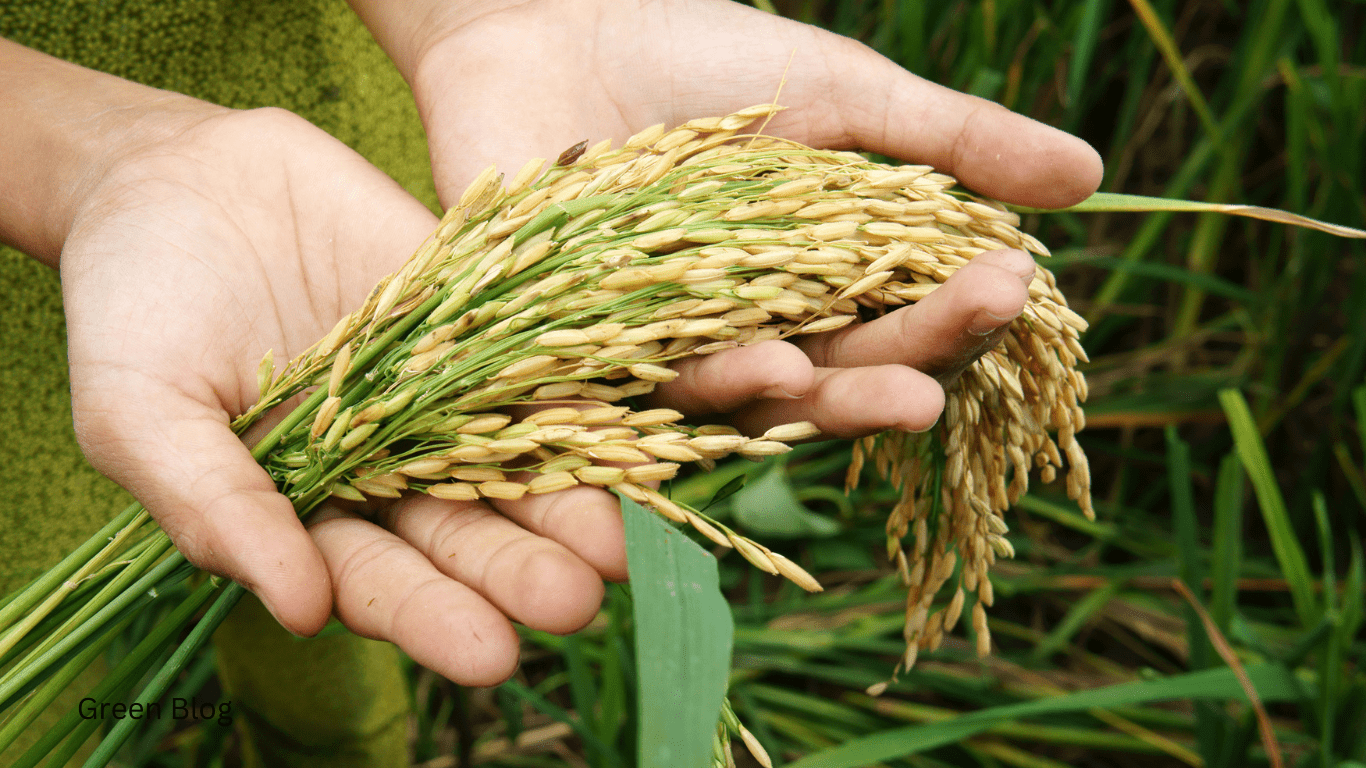Living sustainably is more important than ever as we face the challenges of climate change and environmental degradation. Adopting a sustainable lifestyle not only helps protect the planet but also promotes a healthier and more mindful way of living. One of the most effective ways to reduce our environmental impact is by choosing eco-friendly products. These products are designed to minimize waste, conserve resources, and reduce pollution. This blog post explores the top eco-friendly products for a sustainable lifestyle in 2024, covering various categories such as home, fashion, technology, transportation, and food. By incorporating these products into your daily life, you can make a significant contribution to environmental sustainability and inspire others to do the same.





